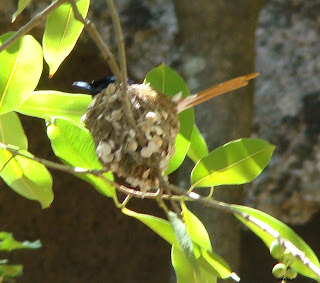The Grim Reality of Water Scarcity in Mount Abu.
Mount Abu, once a haven of cool climates and lush greenery, is now facing an alarming water crisis. Over the past few years, a pattern of weak monsoons has led to a severe strain on our water sources. The situation has become so dire that we’ve had to adapt to water being supplied only on alternate days. Yet even this has worsened, the waterworks haven’t been able to meet our needs because of pressure, resulting in reducing our water supply to half of what it once was.
This year’s summer has been unlike any I’ve experienced before—hotter, drier, and far more unforgiving. Abu’s once vibrant streams and ponds have dried up. The few remaining artificial water bodies in the hills are shrinking, unable to sustain the local wildlife that depends on them.
Among those hardest hits are the dhobis, our local washermen. Because of the limited availability of clean water, they have had to wash clothes in stagnant, polluted pools. The health risks are evident—skin rashes, waterborne diseases, and the foul stench that clings to everything washed in these murky waters are becoming all too common.
The cost of water has skyrocketed. Just two months ago, a tanker of water cost Rs 150. Last month, that price more than doubled to Rs 350, and now, even if you can afford it, finding a tanker with water is a matter of luck. Our once reliable tube wells have dried up, and most of the municipal sources have failed, leaving us in a precarious situation.
If the South-West Monsoon fails to arrive on time this year, or worse, if it’s as erratic as in the past, it could plunge Mount Abu into a full-blown water crisis. The fragile ecosystem of our hills, combined with the water scarcity we are already experiencing, calls for immediate, comprehensive action. We might turn to traditional rituals or hope for divine intervention, but only a well-planned, long-term strategy can ensure a reliable water supply for our community and protect our environment.
I remember a time in the late sixties when Mount Abu was so pleasant that we didn’t even need fans in our homes. But those days are long gone. With the relentless advance of climate change, we now rely on air conditioning to endure the summer heat. The future looks grim unless our leaders take this crisis and tackle it head-on. If we don’t act now, we’re headed for a water crisis that could change the very fabric of life in Mount Abu.
 |
| Dhobis washing clothes in stagnant water |
 |
| Dhobi at the Paddys bridge washing clothes |
 Asian Paradise flycatcher female in nest
Asian Paradise flycatcher female in nest Asian Paradise flycatcher female in nest
Asian Paradise flycatcher female in nest Asian Paradise flycatcher Male in nest
Asian Paradise flycatcher Male in nest Asian Paradise flycatcher Male in nest
Asian Paradise flycatcher Male in nest Asian Paradise Flycatcher Male
Asian Paradise Flycatcher Male Paradise flycatcher
Paradise flycatcher  Asian Paradise flycatcher
Asian Paradise flycatcher  Follow the leader Geese at the Lake
Follow the leader Geese at the Lake Black Bird
Black Bird Black Bird
Black Bird Black-lored Tit
Black-lored Tit Black-shouldered Kite /Dove/Bulbul
Black-shouldered Kite /Dove/Bulbul Black-shouldered Kite
Black-shouldered Kite  Black-throated Tit
Black-throated Tit


























.jpg)
1.jpg)














































